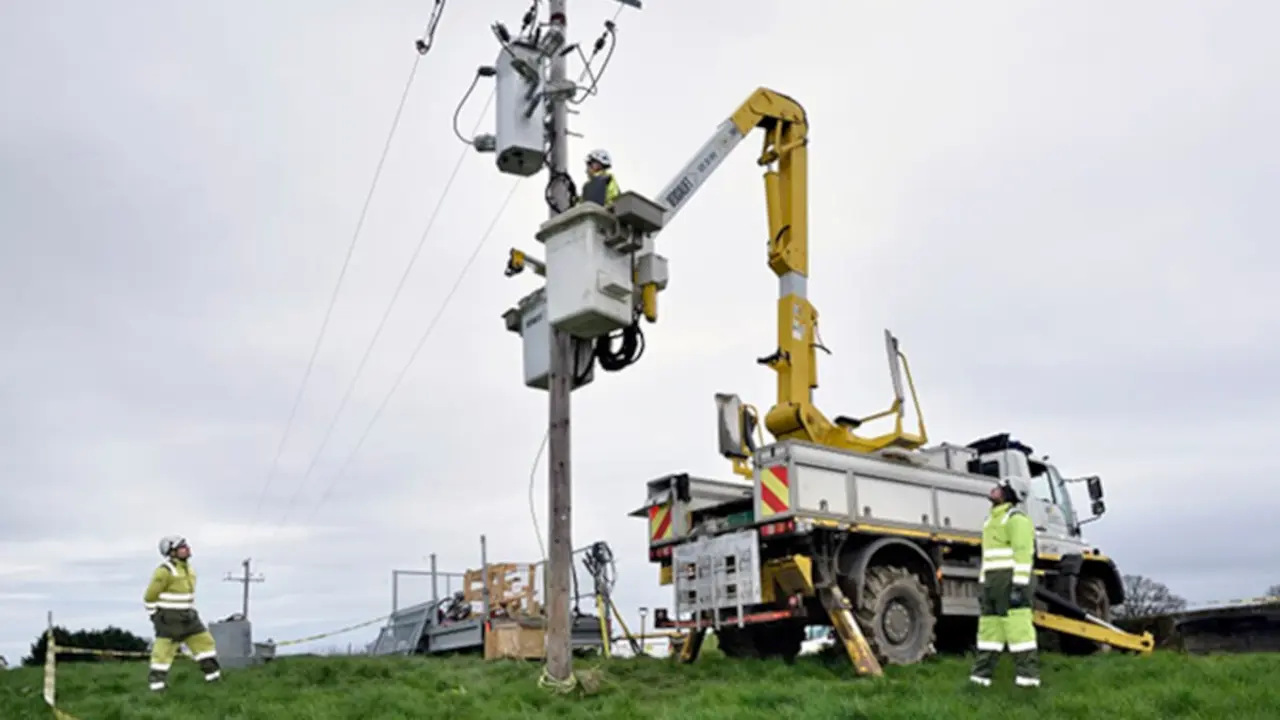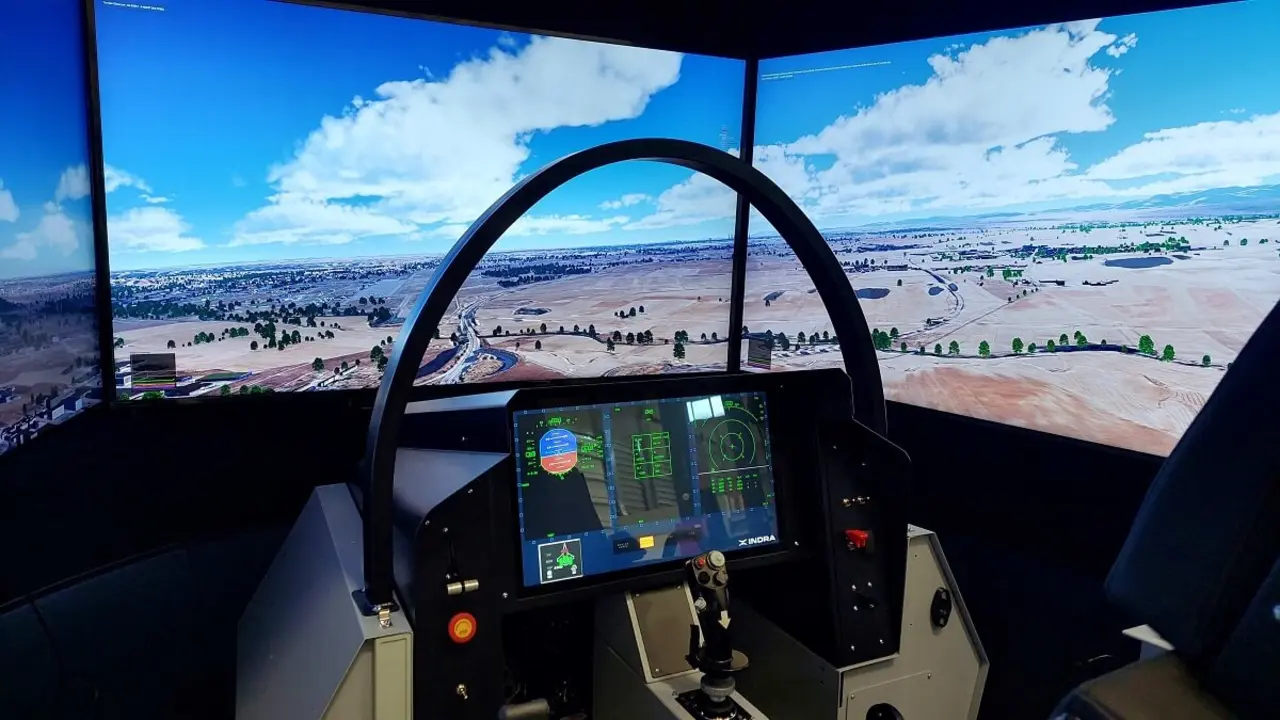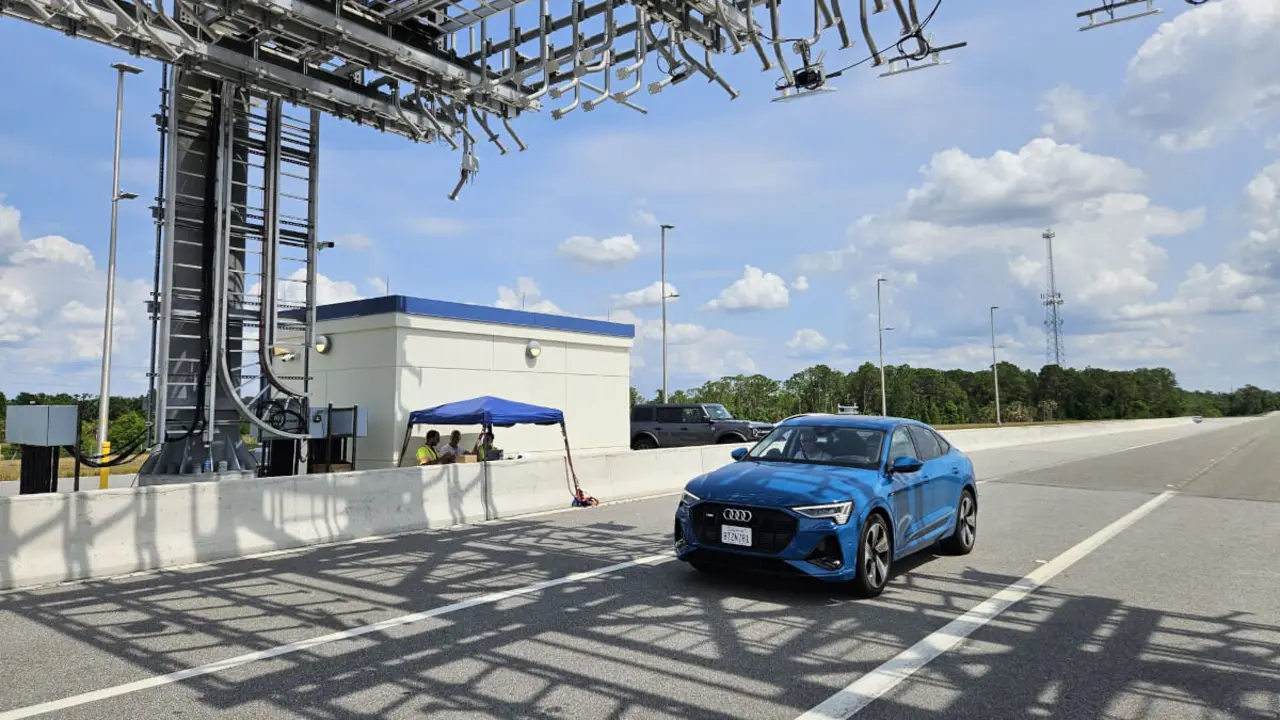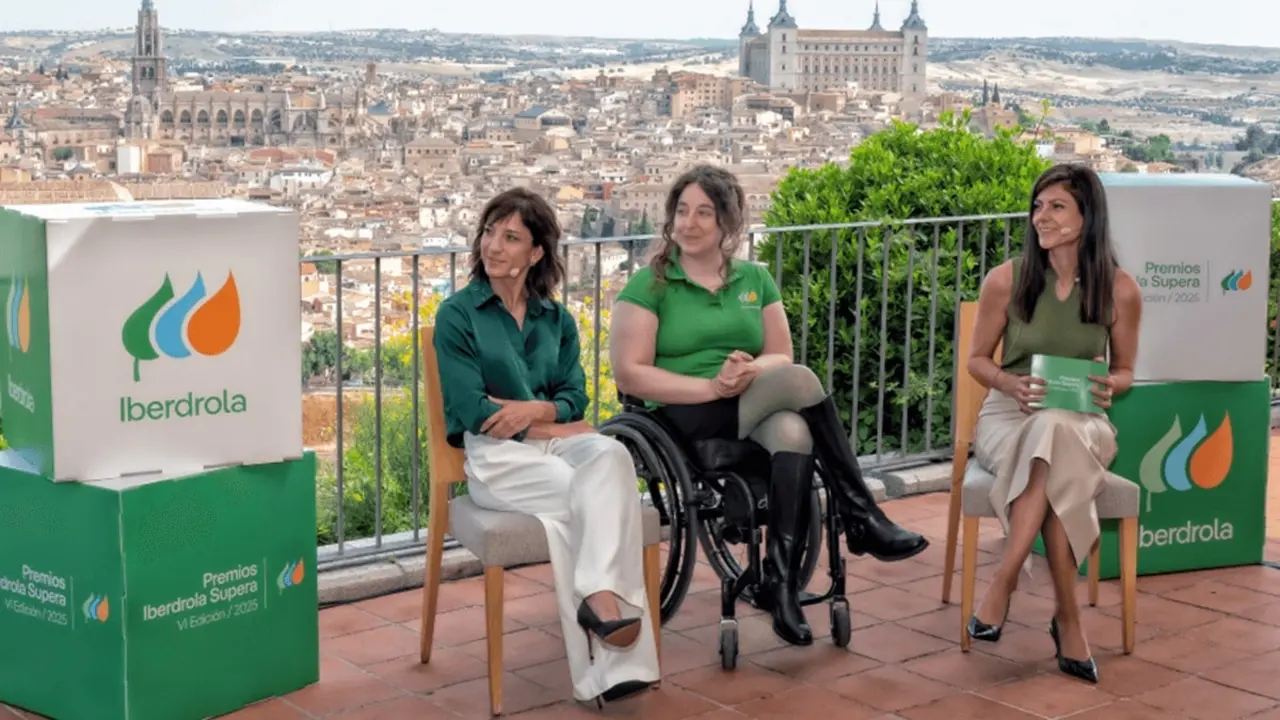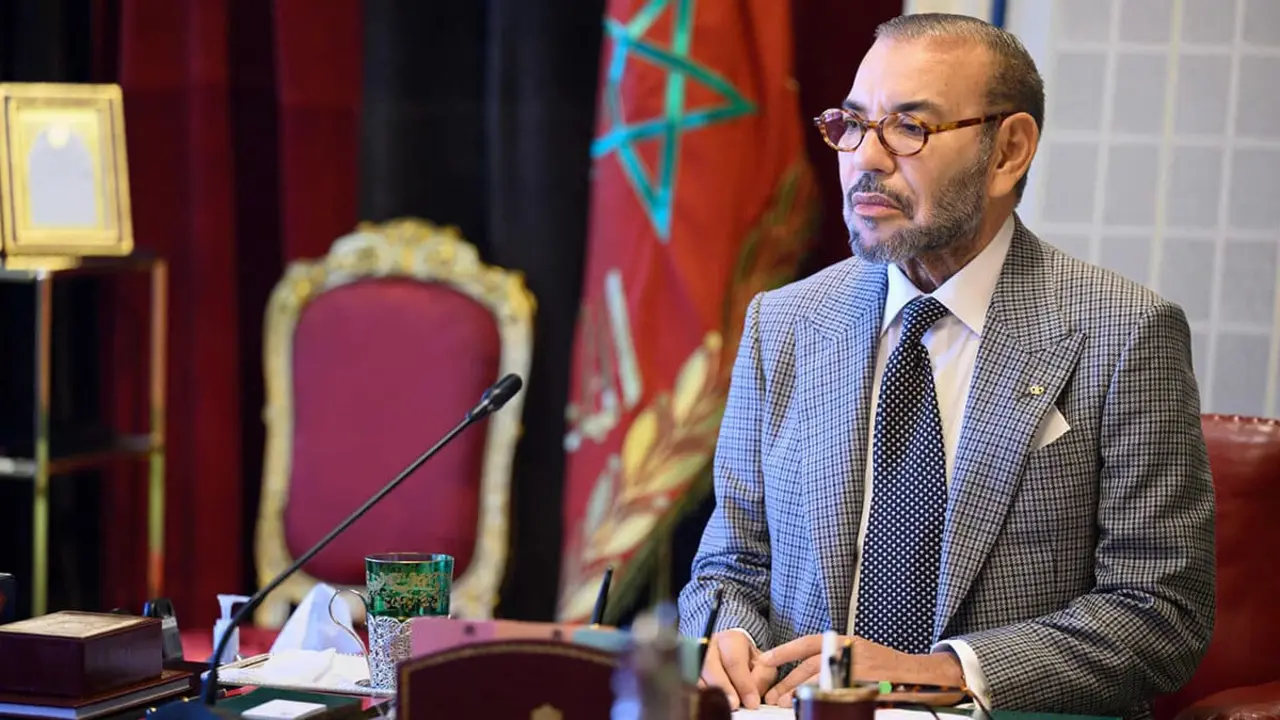CAF addresses challenges to strengthen democracy in Latin America in times of pandemic
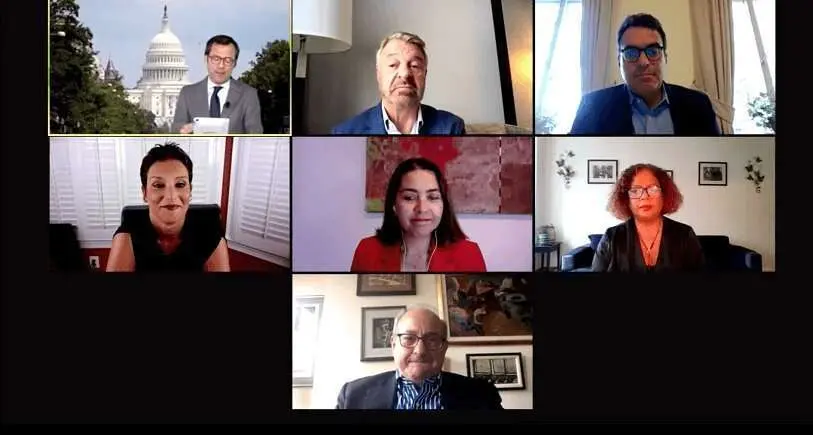
Confidence, technology, economic recovery, social protection, security and balance of power are the main challenges facing the region if democracy is not to be so affected by the impact of the coronavirus pandemic, which will continue to be present in the forthcoming elections in various countries. The electoral race in the United States and its effects on Latin America were also addressed on the third day of the 24th Annual CAF Conference.
Latin America has had the longest quarantines and social emergencies during the COVID-19 pandemic because of pre-existing social, economic and political conditions, uncertainty and inexperience in managing epidemics. This was the diagnosis of the experts who participated in the third day of the 24th Annual CAF Conference.
"COVID-19 has affected election dates in twelve countries and we are going to have nine more elections in 25 months and many will be defined in the midst of the pandemic. The weakness of voting mechanisms, such as postal voting, the extension of the election day and the lack of confidence in electoral bodies, can affect electoral participation, as 14% less than the Dominican Republic was seen," said Kevin Casas Zamora, Secretary General of International IDEA, and former Second Vice-President of Costa Rica.
During the panel 'Politics in times of pandemic: the impact on democracy and the rule of law in Latin America' the cases of Brazil, Chile, Mexico and Venezuela were analysed. "In Brazil we see a divided opposition that has not been able to generate a counterweight to President Bolsonaro despite his handling of the pandemic, especially in health," said Monica de Bolle, senior fellow at the Peterson Institute for International Economics and assistant professor at Johns Hopkins SAIS.
For her part, Lucia Dammert, professor of international relations at the University of Santiago, Chile, said that one issue in her country that could be replicated in the region is the return of street marches. "The protests may increase, not in magnitude of people, but in quantity because of the social effects; for example, women have left the labour market to take care of the house and the family. Protests are necessary, but they must be peaceful. What we have to find is a way to prevent them from ending up in violence," she added.
The 24th Annual CAF Conference, organised by the Inter-American Dialogue, the Organisation of American States (OAS) and CAF, ended with the panel 'The U.S. Presidential Election, implications for Latin America and the Caribbean': Julissa Reynoso, Winston and Strawn's partner, former U.S. Ambassador to Uruguay and Assistant Secretary of State for Western Hemisphere Affairs, along with Roger Noriega, a visiting fellow at the American Enterprise Institute, former Assistant Secretary of State for Western Hemisphere Affairs and U.S. Ambassador to the OAS, addressed issues such as migration, trade, climate change and China's effect on global geopolitics, depending on who wins the U.S. election.


